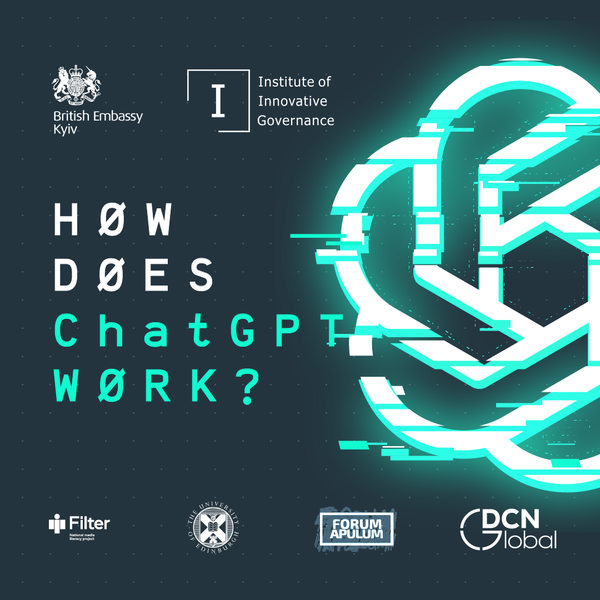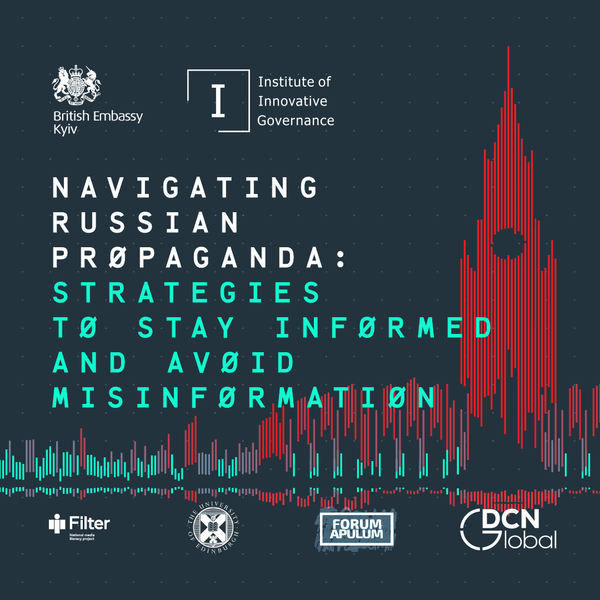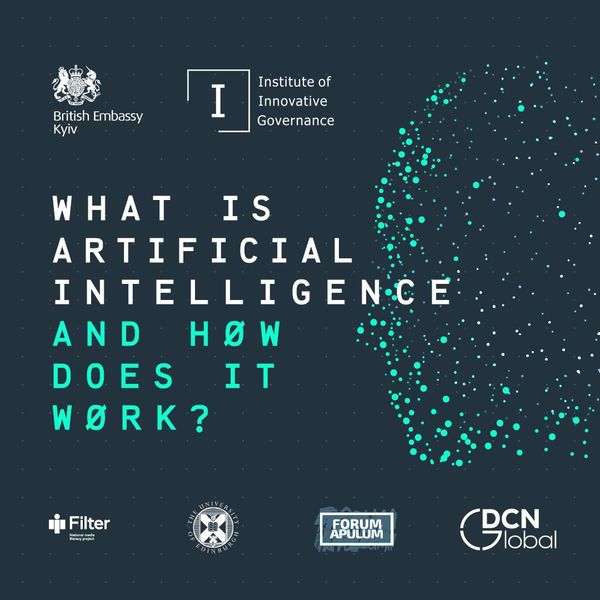Is Artificial Intelligence helping us or causing problems?


Institute of Innovative Governance
02.02.2024
In recent years, technology (especially artificial intelligence) has developed incredibly fast: what was considered a theory 50 years ago is now part of our everyday lives.
But with accelerated technological development, we have to ask ourselves how this accelerated technological development affects our lives and in which direction we are heading. So, is artificial intelligence something that helps humanity, or is it more likely to harm it?
Observing the consequences of the use of artificial intelligence, many people are beginning to think about the dangers and harm it can potentially bring. Sam Altman, the CEO of Open AI, or some other AI researchers consider it as dangerous as a nuclear bomb, they are convinced that AI can become a threat to humanity.
Due to its ability to learn and develop, artificial intelligence can surpass humans in certain areas and thus replace them. A study by Goldman Sachs shows that over 300 million jobs will disappear within a few years. So in this respect, artificial intelligence can really pose a threat to humanity.
At the same time, people question the privacy and security of their personal data. That's why companies like Google are introducing rules to regulate AI in their systems, as well as at the legislative level, such as the Artificial Intelligence Act.
But the real danger of AI lies in how it is used. Even seemingly harmless AI can be maliciously hijacked. We're already seeing this with the proliferation of DeepFake: fake videos created using deep learning to portray a person in a compromising situation.
Therefore, for AI to be an assistant to humanity, we must guarantee the reliability of the algorithms we develop. After all, the work of AI should be transparent to the user, there is a huge difference between a button that performs a simple action like saving a file and a button that performs processing that relies on AI algorithms. The result of the first button is predictable, the same action always produces the same result. While the second one performs an action that depends on the context and data on which the AI is working. So you need to work on explaining the processing performed by the AI so that the user remains fully aware of what is happening. This is a fundamental issue of trust in digital technologies.
We are convinced that AI can do much more good than harm to humanity, freeing up human resources to perform higher-level tasks. But for this to happen, we need to take a conscious approach to the process of technologisation.
The project "Understanding Artificial Intelligence", implemented by the Institute for Innovative Governance, is supported by the UK Government. The views expressed in this publication are those of the author and do not necessarily reflect the official position of the UK Government.




